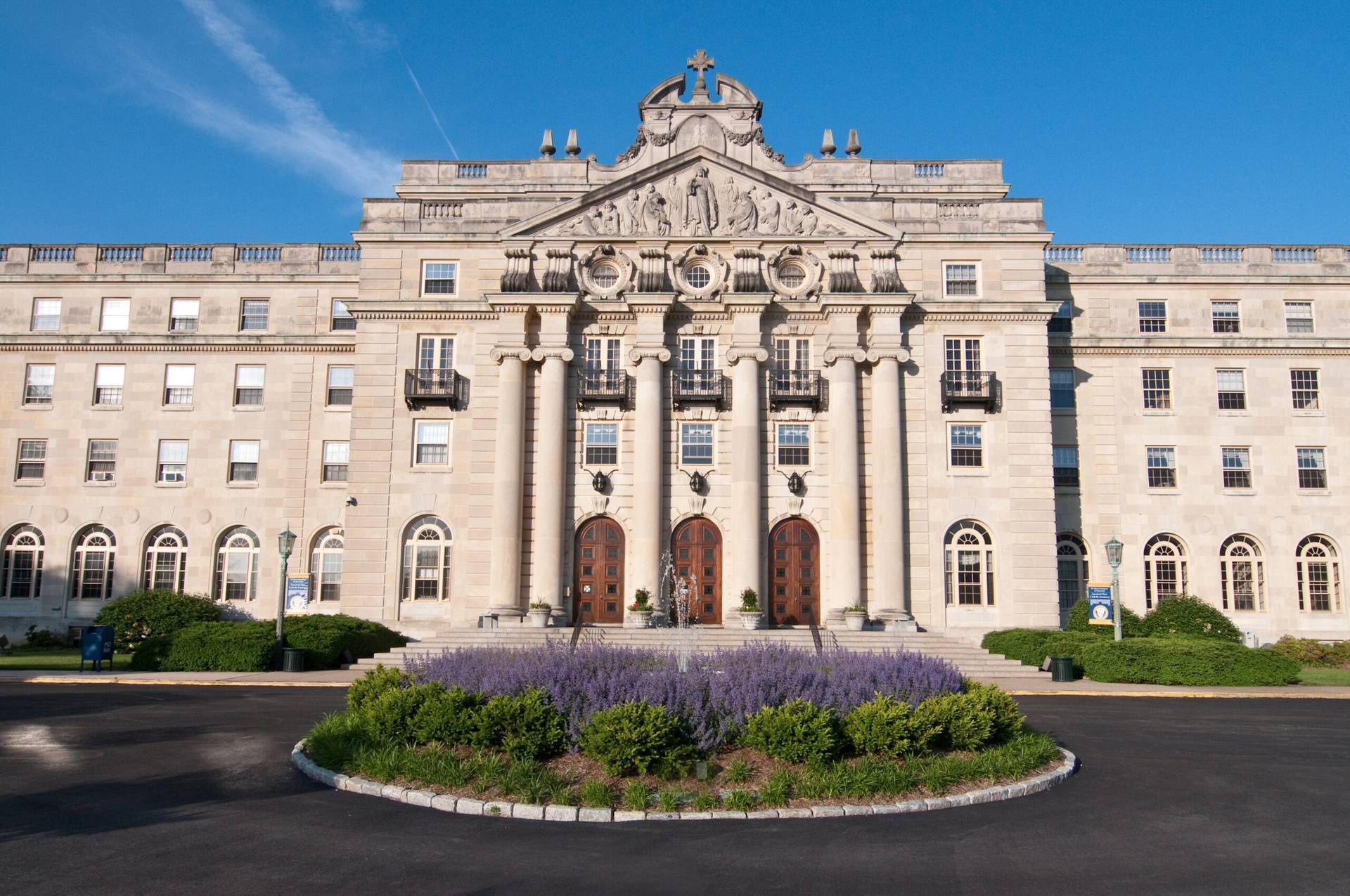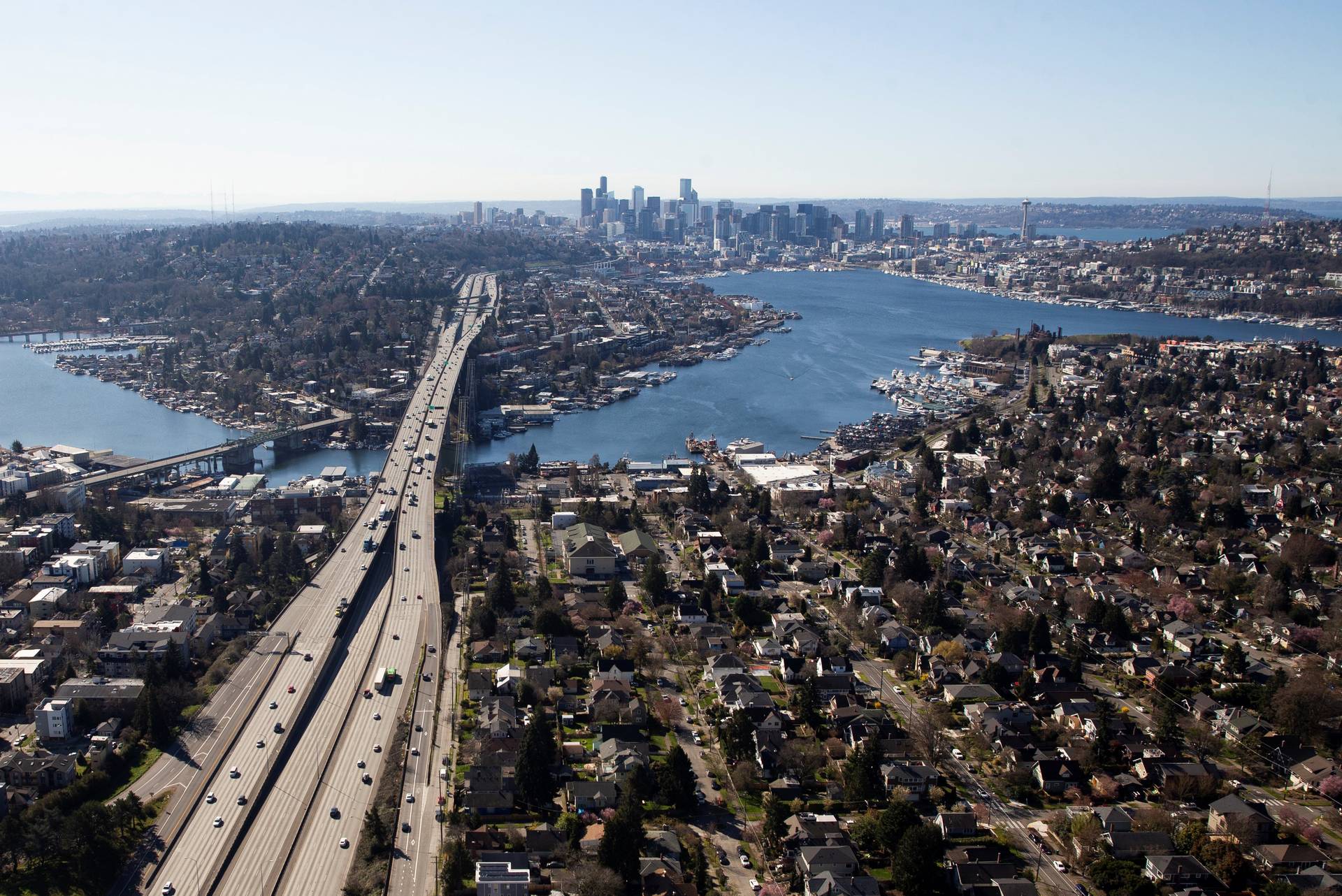WASHINGTON, D.C. — President Trump and Pope Francis’s much anticipated meeting last May was hailed as a success by both sides. According to reports, the two discussed pro-life issues and leaving the meeting, a visibly moved Trump told the pontiff “I will not forget what you said.”
Four months later, Francis is aiming to keep him accountable.
During his in-flight press conference en route home from Colombia, the pope recalled that “I heard the president of the United States introduce himself as a ‘pro-life’ man.
“A good pro-lifer understands that family is the cradle of life, and that its unity must be defended,” the pope said.
The pope’s remarks came in response to questions regarding Trump’s recent decision to rescind the DACA program, which protects qualified immigrants from deportation — a move the pope says he hopes the president will “rethink.”
RELATED: Pope Francis on Trump’s threat to DACA: That’s not “pro-life”
Some pro-life activists, however, are wary that the pro-life brand might be getting muddled by the pontiff’s efforts to link immigration to it.
Mallory Quigley, communications director for the Susan B. Anthony List, an organization that aims at electing pro-life leaders, told Crux that she believes the association is unhelpful.
“I think it is problematic to merge all of these issues together into one,” said Quigley.
For Quigley, Trump has kept his promise to be a pro-life president and the pope’s recent comments are a distraction.
“The United States has some of the most permissive, pro-abortion laws on the books … and he [Trump] has absolutely governed as a president who values the sanctity of life from the moment of conception,” she told Crux.
According to Stephen White, a fellow in the Catholic Studies program at the Ethics and Public Policy Center, “the term ‘pro-life’ has usually been applied to issues like abortion, euthanasia, and, increasingly, capital punishment.
“What distinguishes these ‘life issues’ from other important moral issues is that they involve the direct killing of a human being,” said White. “When ‘pro-life’ becomes a synonym for ‘just,’ we tend to lose that distinction.
“All that being said, Pope Francis is obviously right when he says the family is the cradle of life and respect for life means defending the integrity of the family,” he added.
Meanwhile, Nichole Flores, assistant professor of religious studies at the University of Virginia, disagrees with such an assessment and views the pope’s comments as a welcome surprise — at least to some extent.
“My initial reaction is a bit of surprise given some of the controversies that have happened in the relationship between Pope Francis and President Trump,” said Flores.
“I’m surprised that he would address the situation so directly. But I’m also not surprised, because it is an essential part of the pastoral and prophetic witness of the Catholic faith,” she told Crux.
For Flores, the Church’s ability to offer a consistent ethic of life has the capacity to convert skeptical hearts and minds.
“In order to make a moral case for one of these issues, we have to make the moral case for all of the issues,” she said.
“To sacrifice one for the sake of staying within the bounds of a particular political party’s orthodoxy really erodes our ground for speaking prophetically and pastorally to another issue. And it really erodes the ground of the pro-life movement to not defend the lives of immigrants,” she added.
In an interview with Crux in July 2016, Bishop Daniel E. Flores of Brownsville, Texas made a similar case.
Noting the effects on children of families separated by the border, Flores argued that mass deportation policies represent “formal cooperation with an intrinsic evil – not unlike driving someone to an abortion clinic.”
According to Maria McFadden Maffucci, editor of The Human Life Review, “The campaign and election of Donald Trump has shifted, kaleidoscope-like, both the allegiances and divisions in the pro-life movement.”
In an interview with Crux, Maffucci said this shift has presented both challenges and opportunities.
“The election opened painful new rifts among pro-life activists, while at the same time leading to new conversations and debates among those who identify as anti-abortion,” said Maffucci.
Flores, like Maffucci, agrees that there are new opportunities to be had — both from the papacy of Francis and the fallout surrounding the election of Trump — if activists on both sides are willing to examine their shared core values.
“For some reason there’s still a chasm in terms of how Catholics in the United States interpret the politics around abortion and interpret politics around immigration,” said Flores.
“I do think it’s important to stress the priority of human dignity as the basis for both of those teachings.”
















